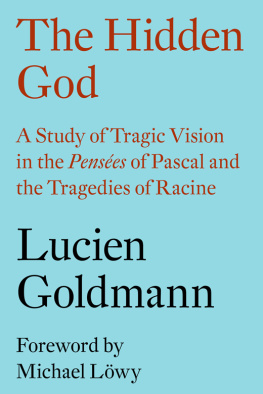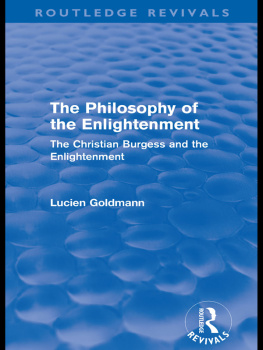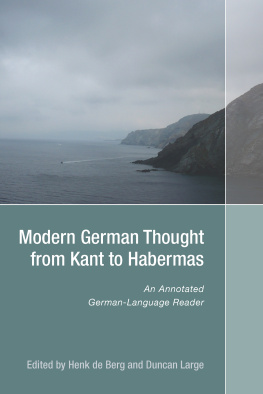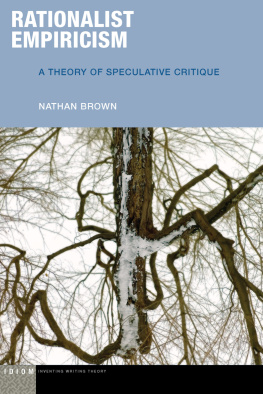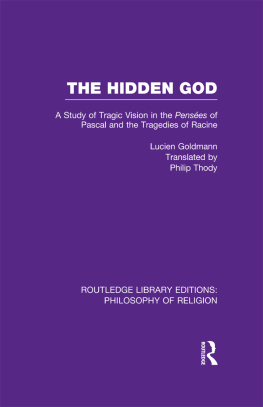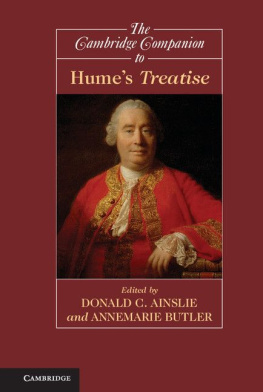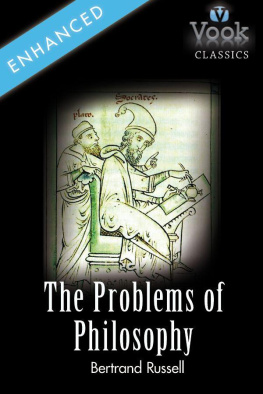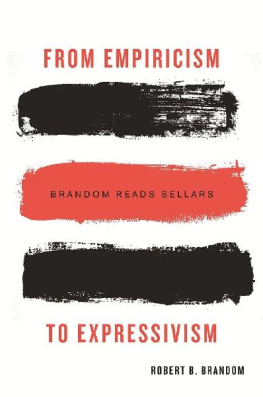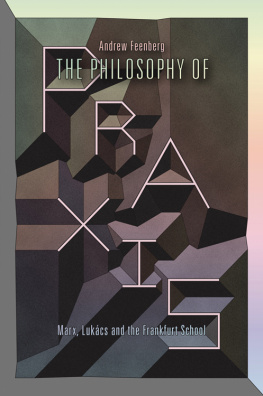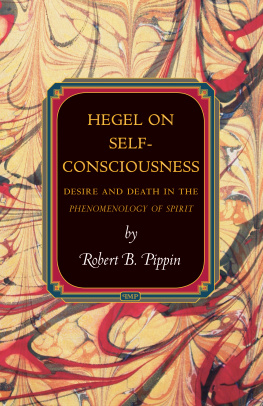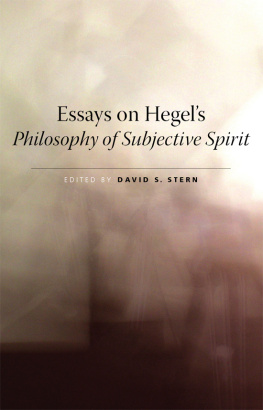Lucien Goldmann was an untypical Marxist and the author of a multidisciplinary body of work. A Jew of German culture, he invented a form of sociology of culture inspired by a quite heterodox interpretation of the dialectical method, in radical contrast to the positivist or structuralist readings of Marxism that were dominant in France.
Born in 1913 in the small town of Botosani in Moldavia (then Romania), the young Goldmann joined Hashomer Hatzar (the young guard), a broad movement of left-wing Zionist youth, which he would leave some years later to become a militant (or maybe just a sympathizer) in the Union of Communist Youth, a clandestine organization. During this time, in 1934, he published his first article in a periodical close to the Communists: a Marxist study of the tragic vision of the world in the works of Nicolae Dumitru Cocea (18801949), a contemporary Romanian writer, and Karl Kraus. Expelled from the Communist movement as a Trotskyist, he left soon after for Vienna and Paris, which he reached around 1935.
During the Second World War Goldmann was forced to seek refuge in Switzerland, and it was in these years that he made two discoveries that were fundamental to his intellectual development: the writings of the young Georg Lukcs, particularly History and Class Consciousness (1923), which he came across thanks to Mans Sperber, and the genetic epistemology of Jean Piaget, whose student he became. After the War he joined the Centre National de la Recherche Scientifique and subsequently the cole des Hautes tudes en Sciences Sociales, publishing in 1948 his doctoral thesis on Kant (La Communaut humaine et lunivers chez Kant), followed soon after by a brilliant methodological essay, The Human Sciences and Philosophy (1952), and, a few years later, by his major work, The Hidden God: A Study of Tragic Vision in the Penses of Pascal and the Tragedies of Racine (1955). He would go on to develop his sociology of culture in other works, such as Recherches Dialectiques (1959) and For a Sociology of the Novel (1964).
Politically committed to the left, though a critic of Stalinism, Goldmann never joined the French Communist Party (PCF). From the late 1950s he was a member of the Parti Socialiste Unifi and took an active part in the mobilizations of May 1968. After his premature death in 1970 at the age of fifty-seven, a posthumous work Lukcs and Heidegger (1973) was edited for publication by Youssef Yshagpour, as well as several collections of articles: Structures mentales et cration culturelle (1970), Marxisme et sciences humaines (1970), Cultural Creation in Modern Society (1971), and Epistemology and Political Philosophy (1978). Studies on him were published by Sami Nar and myself, Goldmann ou la dialectique de la totalit (1973), and by Pierre Zima, Goldmann, dialectique de limmanence (1973), as well as a collective work that appeared in 1977, Le Structuralisme gntique. Loeuvre et linfluence de Lucien Goldmann. The only biography of Goldmann to date is that published in the United States by Mitchell Cohen, The Wager of Lucien Goldmann (1964).
Lucien Goldmann was an outsider both in the world of academic social science and in that of Marxist politics. In an homage soon after his death, Jean Piaget called him a creator of ideas such as you rarely come across in your life, and the inventor of a new form of symbolic thought. Goldmann himself saw his heterodox method as a genetic structuralism, as opposed to the static structuralism of Claude Lvi-Strauss or Louis Althusser, combining the dialectical concept of totality (borrowed from Lukcs) with a historicist approachthe term genetic was a homage to Piaget and his genetic epistemology. The greater part of Goldmanns work fell into the area of sociology of culture, in other words an attempt to analyse culturea concept that included literature, art, religion, philosophy and politicsas a whole, structured by world visions that correspond to the social and existential situation of certain social groups or classes at a particular historical time. The concept of Weltanschauung had already been very much present in Wilhelm Dilthey and German sociology (Georg Simmel, Karl Mannheim, etc.), but Goldmann would integrate this into his innovative LukcsianMarxist approach. What interested him above all were the rationalist, tragic, existentialist and dialectical visions of the world.
If I may permit myself a personal note, I was a studenteven a discipleof Goldmann, writing under his supervision my doctoral thesis on the young Marxs theory of revolution, presented at the Sorbonne in 1964. The method of this work was entirely inspired by Goldmanns The Hidden God, though its author was far from sharing all my conclusions. In a lecture in 1969, shortly before his death, he took a certain distance from this thesis and his unfaithful disciple:
How was Marxism born? What does Marxs thought correspond to? There is a widespread response (and even a thesis written under my supervision on this subject, by Michael Lwy who tried to convince me) that Marx expressed the thought of the proletariat. It is clear enough that Marx assigned the proletariat a fundamental place in the revolution; but I am not at all sure that this thought was, at the time it was born in France or in England, the thought of the proletariat (since for Marx, and as I have tried to show in all my historical analyses, it is always social groups that elaborate major categories), that the categories of French socialism in general of this timethe great renaissance of socialism was in France in the first half of the nineteenth centurywere elaborated by the proletariat. In any case, however, this is an important problem. How was Marxist thought born, starting from a thought which was that of the left wing of bourgeois democratic thought, of the neo-Hegelians in Germany and of French democratic socialism?
I mention this incident to illustrate the spirit in which Goldmann oriented his doctoral students: always discussing and criticizing, but leaving us free to form our theoretical and political opinions. This passage also reveals another aspect of his style of thought: not having all the answers; some questions remain open, doubts are openly expressed, and the argument ends with a question mark.

